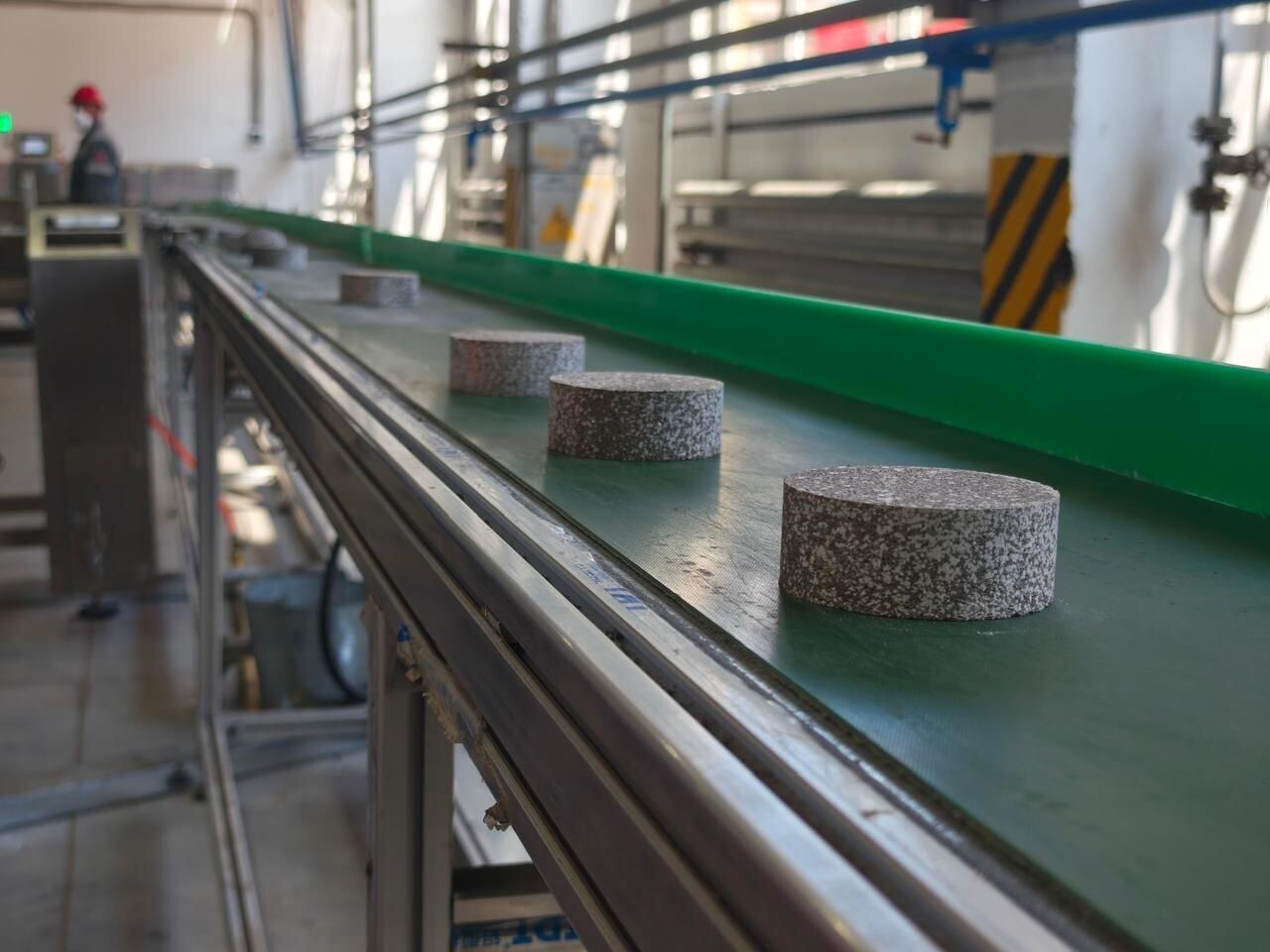

RUSAL, one of the world’s largest aluminium producers, has started producing iron and titanium alloying tablets in the Sverdlovsk Region. This import substitution project will fully satisfy the Russian aluminium industry’s demand for these crucial raw materials, strengthening the technological independence of the domestic industrial sector. Until now, these alloying materials have been imported.

“The new facility in Kamensk-Uralsky will secure our independence from foreign raw material supplies for aluminium alloy production. RUSAL Silicium Urals will produce up to 3,000 tonnes of iron and titanium alloying tablets each year. This amount is enough for the Sverdlovsk Region to meet the domestic aluminium industry’s needs entirely. Through this project, we are boosting the region’s industrial capacity and reinforcing the country’s technological sovereignty,” Denis Pasler, Acting Governor of the Sverdlovsk Region, noted.
Alexey Shmykov, First Deputy Governor of the Sverdlovsk Region, led the launch ceremony at RUSAL Silicium Urals in Kamensk-Uralsky. RUSAL Silicium Urals is a leading silicon producer in Russia and part of the RUSAL aluminium company.
“The project’s investment totaled 133 million rubles. We selected RUSAL Silicium Urals as the production site because of the strong collaboration between regional authorities and the Kamensk-Uralsky administration in supporting investors. Previously, RUSAL imported these alloying materials. This project will now fully meet the internal demand of our smelters and also allow us to supply these alloying tablets to customers of our primary aluminium who want to produce specific aluminium alloys themselves,” Alexey Arnautov, Deputy CEO of RUSAL for New Projects, said.
Titanium is a modifying agent used in many aluminium alloys. It reduces grain size, which improves the metal’s mechanical properties and strength. Iron is a key alloying element in many wrought and casting aluminium alloys. It enhances mechanical, technological, and operational properties by increasing tensile strength and hardness, improving heat resistance, and preventing castings from sticking to die walls during high-pressure die casting.
Note: This article has been issued by RUSAL and has been published by AL Circle with its original information without any modifications or edits to the core subject/data.
Responses








